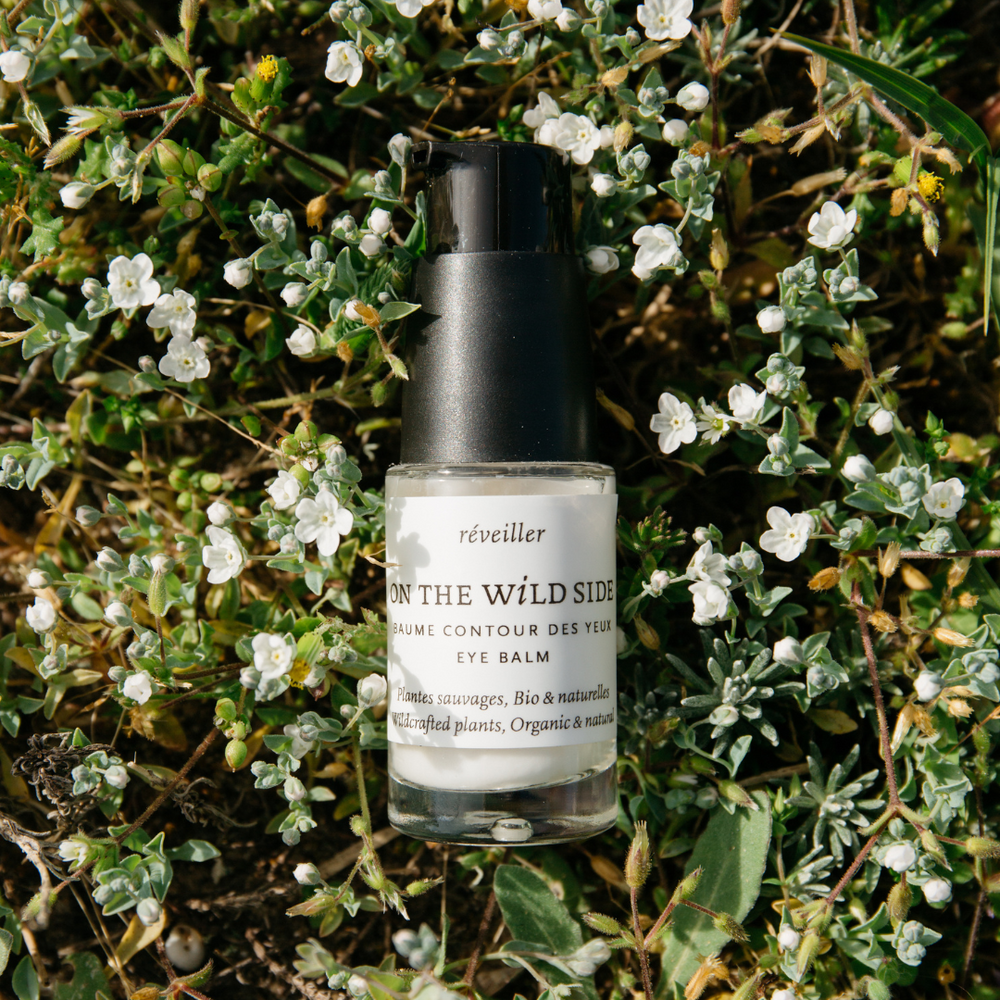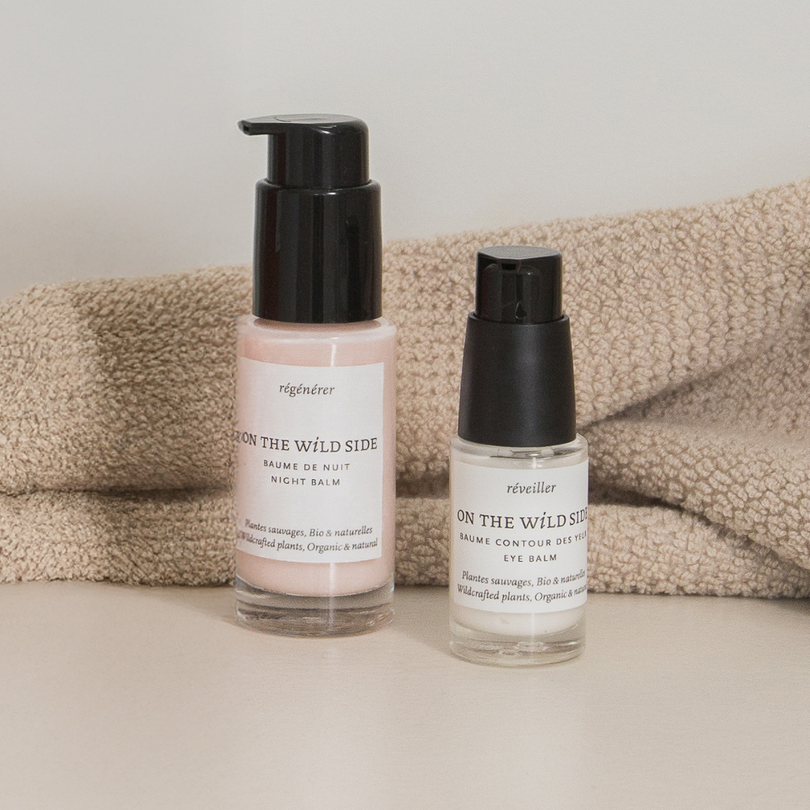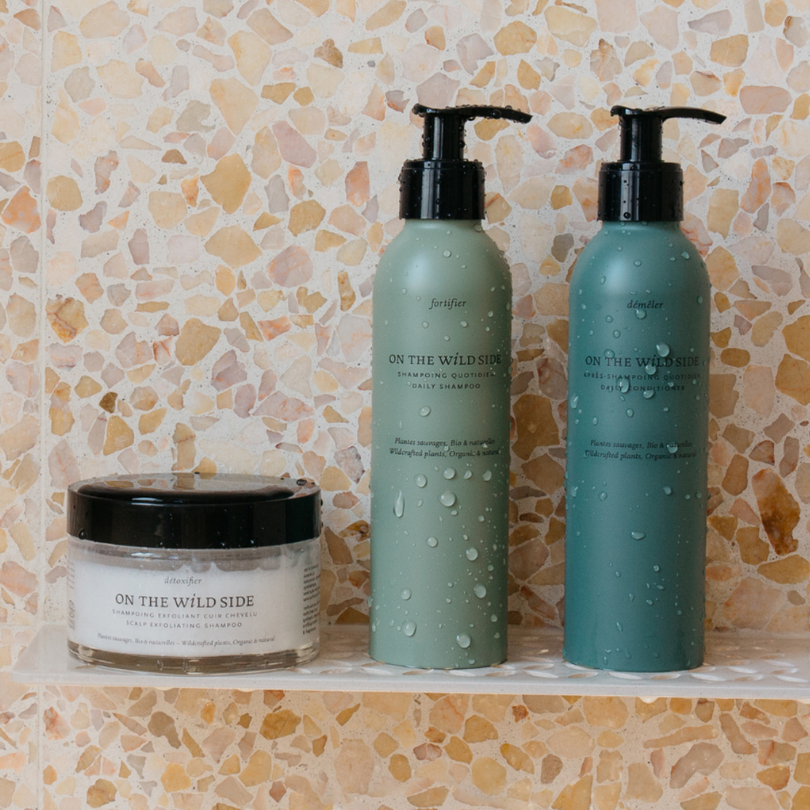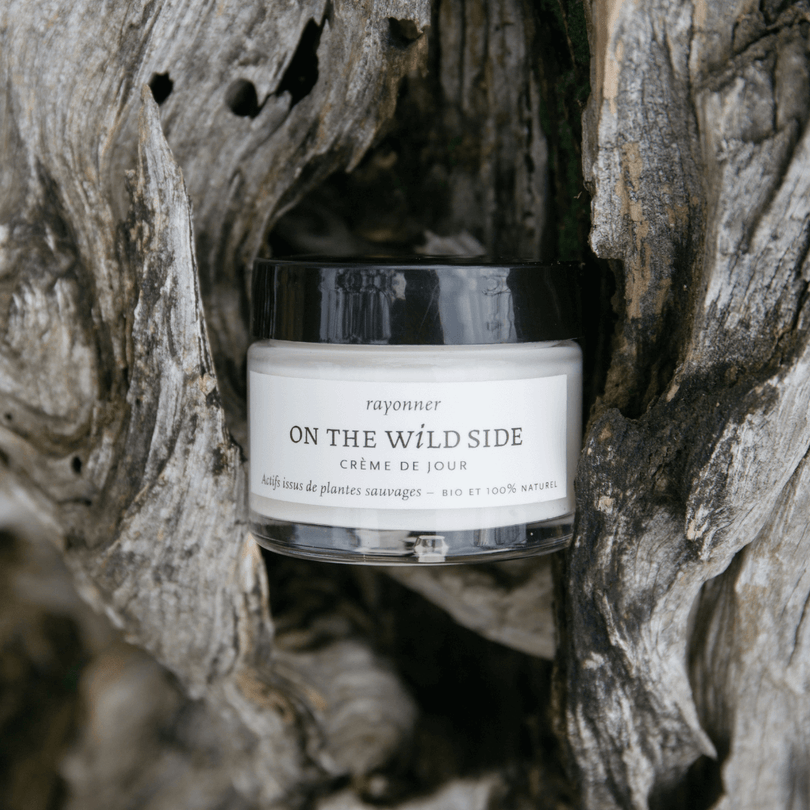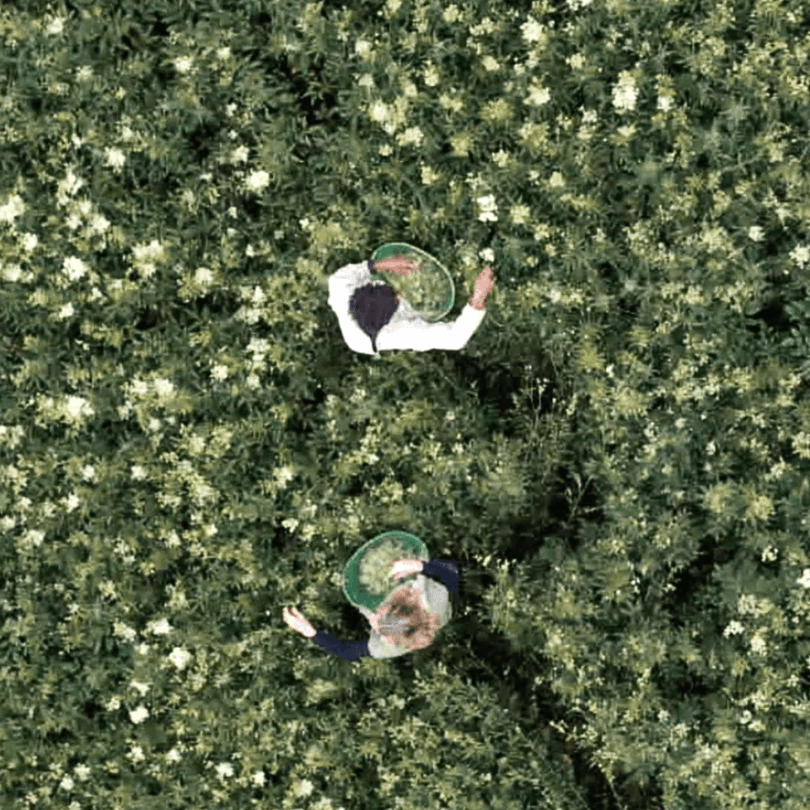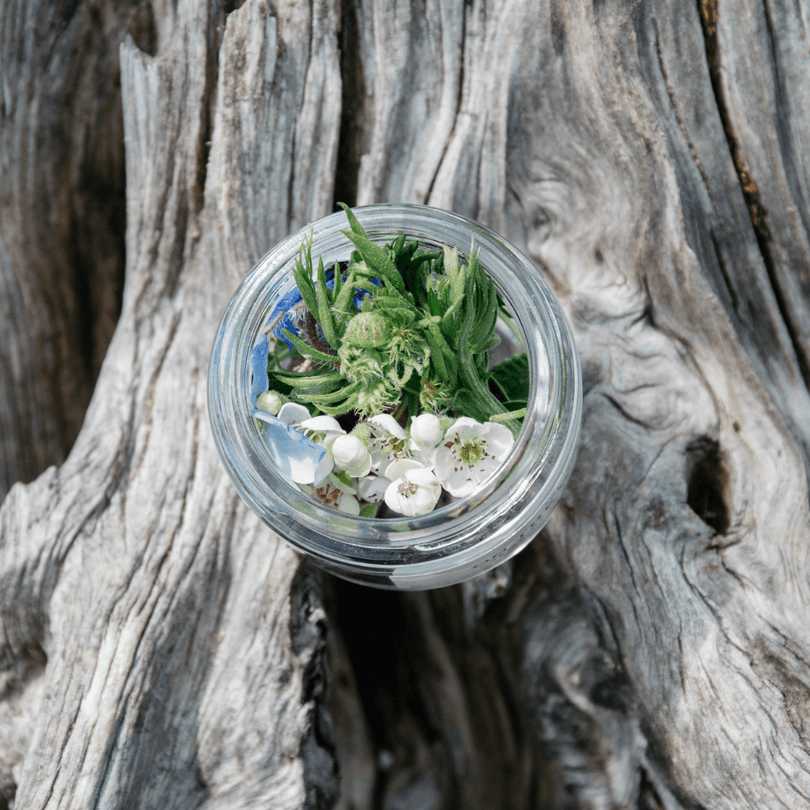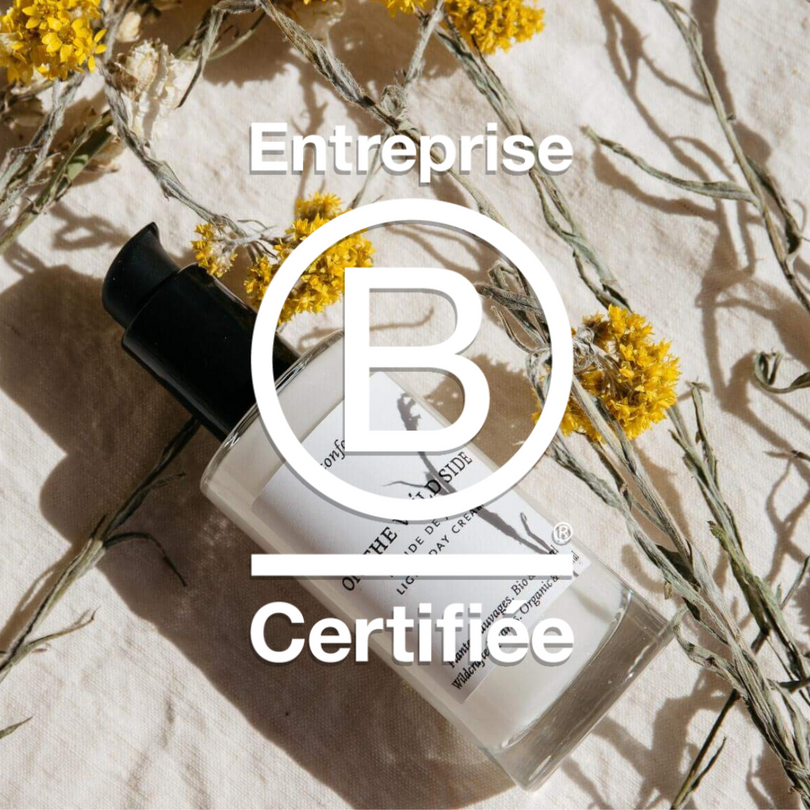Gathering wild flora is an activity that has long been part of the subsistence strategies of rural inhabitants. Until the industrialization of agriculture, this traditional activity made it possible to cope with the uncertainties of agricultural production by supplementing human and animal food, if necessary; to obtain medicinal plants at a lower cost for the manufacture of remedies (traditional pharmacopoeia) or to generate some additional income.
Since the 1970s, commercial harvesting has become anecdotal with agricultural changes. However, some neo-rural actors have seen it as a real opportunity to enhance the value of their often neglected territories.
The past 20 years have seen a significant surge in wild harvesting, fueled by a deep desire to restore plant-based ingredients to their rightful place. The enthusiasm for natural products, coupled with changes in international regulatory frameworks related to biodiversity conservation and new consumer demands for traceability and fairness, have contributed to the redeployment of commercial harvesting in France.
For all these reasons, it was essential for us to commit to defending sustainable and responsible harvesting. To preserve wild flora and protect it on our scale, we have made the sustainability of supplies the heart of our concerns. To build this vision, we have chosen to collaborate closely with the French Association of Wild Plant Harvesting Professionals (AFC). This partnership allows us to reconcile innovation and sustainability by making an informed choice of the plants to be honored; taking into account both the biological and ecological characteristics of the plant species. We have therefore chosen to give a desirable place to common and abundant local plants such as nettle, dandelion or even rosehip and its precious fruit, rosehip, allowing us to source a raw material that respects the plant and its environment.
